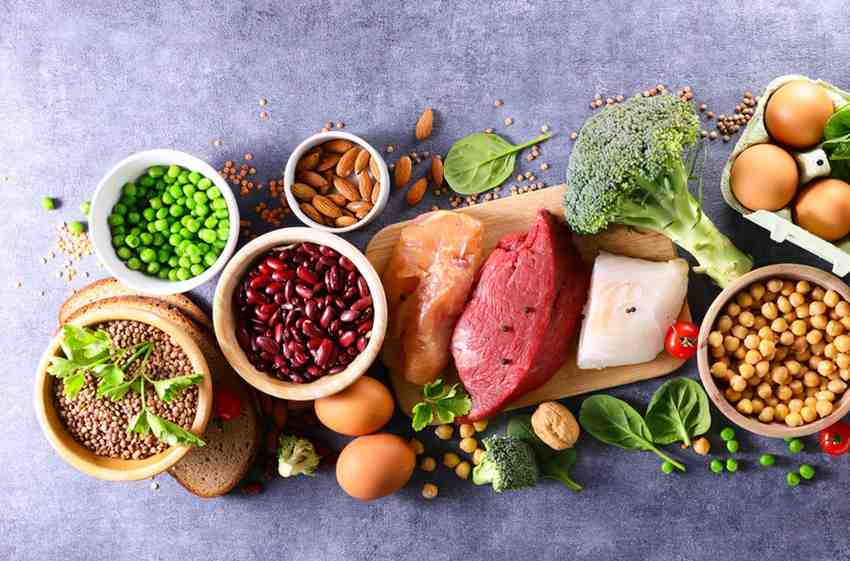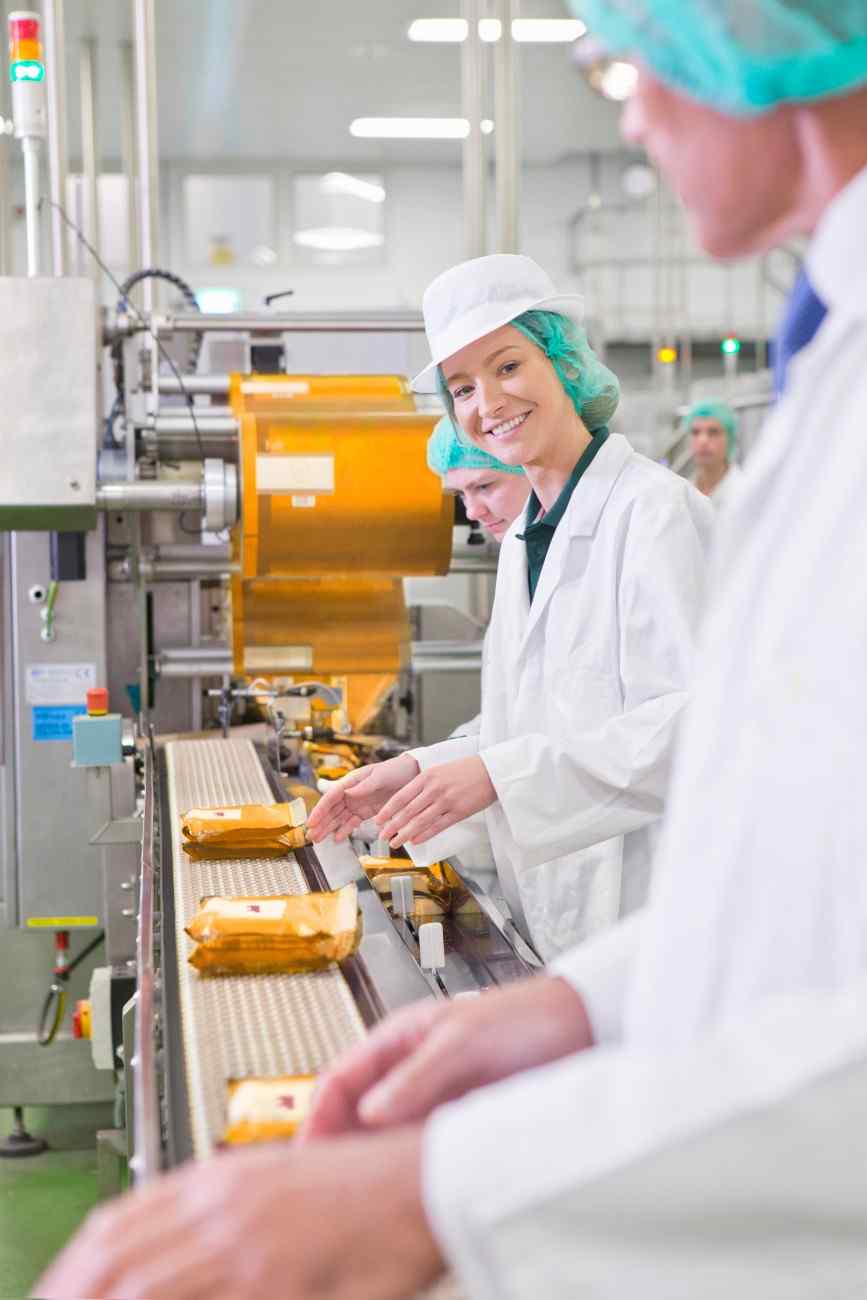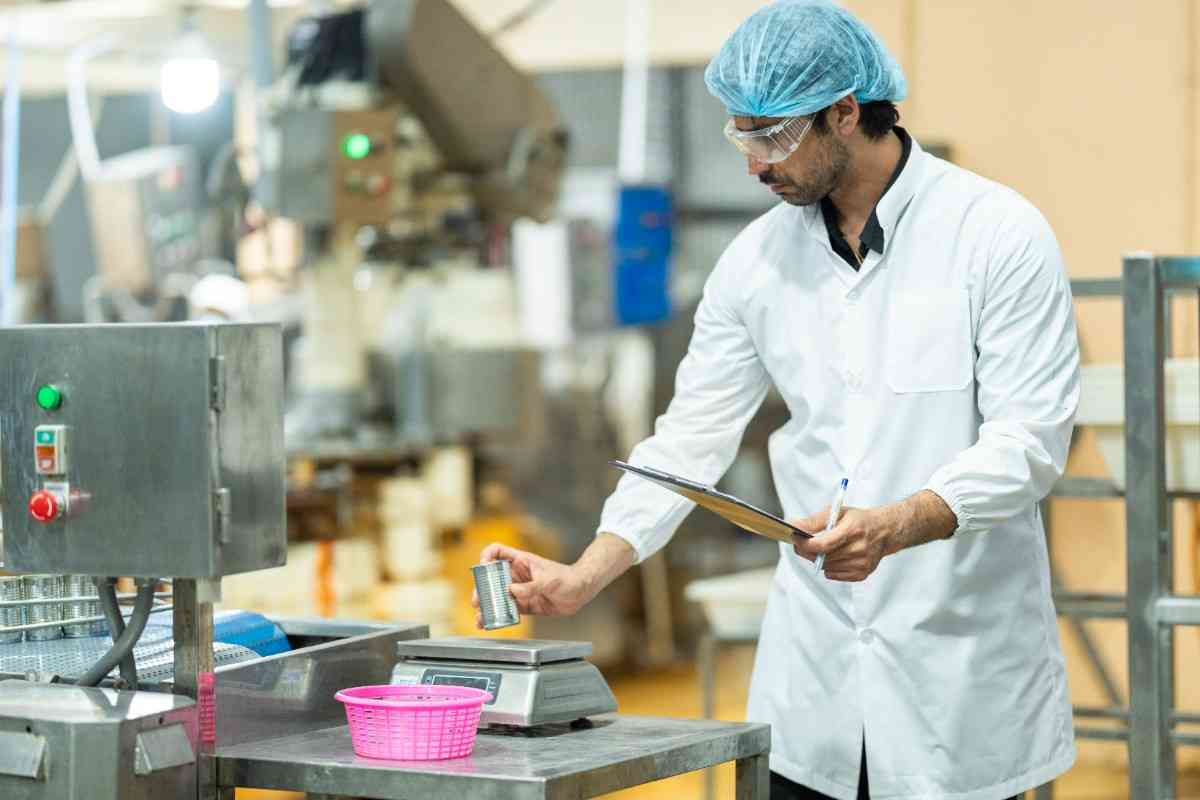Last Updated on November 20, 2025 by Admin
Table of Contents
- Who Is A Food Technologist?
- Food Technologist Responsibilities
- Key Responsibilities: Leading Activities as a Food Technologist
- Key Skills Required by Food Technologists
- Career Path
- Employment Areas, Responsibilities of a Food Technology Specialist or Engineer
- Career Progression
- Final Words
With rapid advancement in technology, people’s culinary needs have evolved through time. People are looking for foods that are not only safe but also nutritious. This is where food technologists come into play. Their training allows them to understand the dynamics that surround the food industry. By undergoing sufficient training and education, they guarantee that meals consumers receive alongside modern delicacies served at restaurants are both appealing and affordable.
Moreover, if you wish to pursue a career in the located sector, knowing what a food technologist does can help you figure out your goals in the industry. In this blog, you will learn about food technologists’ responsibilities, including skills that require mastery. Additionally, we focus on examining various modern job prospects along with associated pay scales.
Who Is A Food Technologist?
Food technologists apply science to large-scale food production in ways that enhance human health. Their work combines lab research and field trials to develop new products and to refine existing staples. They monitor every step, from ingredient sourcing to storage conditions, to minimize risks and to lock in nutritional value.
Their focus isn’t just on safety regulations; they also design packaging that protects quality, reduces waste, and keeps costs manageable. Because affordability is key to public health, they often collaborate with economists and distributors. Through their efforts, we can enjoy delicious, accessible food that nourishes our bodies while also meeting industry needs.
Food Technologist Responsibilities
The responsibilities of a food technologist will depend on where the person works. Be it in a government organisation, a consultancy firm, a research facility or even in a food manufacturing company. However, these are the essentials common to all sectors:
- R&D: They create new culinary items or enhance existing ones with regard to their taste, nutritional content, texture and longevity.
- Quality Control: Supervising the manufacturing activities to ascertain compliance with set industry standards and other relevant legal requirements concerning health and safety regulations.
- Food Safety Management: Food Technologists make sure that all foods produced undergo various checks in line with health regulations, so there is no contamination for the user.
- Process Optimisation: Making changes for improved efficiency or sustainability during the current techniques in transforming raw ingredients into finished edible goods.
- Packaging Development: Designing or selecting packaging that preserves food quality and meets regulatory and branding requirements.
Simply put, the duties of a food technologist range from product creation to final packaging, ensuring every bite is safe, tasty, and nutritious.
Key Responsibilities: Leading Activities as a Food Technologist
Product Development
- Designs and develops food products satisfying consumer expectations vis-à-vis recorded appetite.
- Processes to manufacture new products are analysed for their efficiency and effectiveness.
Quality Assurance & Testing
- Perform microbiological and chemical analysis for quality control evaluation of raw materials and finished products.
- Monitoring records in production processes or batch records in quality assurance ensures that the production processes are performed according to standards.
Regulatory Compliance
- Makes sure food labelling complies with the required requirements, but also supplies important nutritional information.
- The person is responsible for keeping abreast of the changes on local or global scales on policies pertaining to food.
Production Oversight
- Their cooperation between the engineers has to be able to, together with manufacturing people, make systems work better than they do now.
- Find possible danger points or things that are done badly and offer possible good outcomes for those issues.
Marketing Trends and R&D Activities Evaluation
- Get marketing intelligence as well as external information about target markets from various sources, which may include but are not limited to newspapers, journals, magazines, scientific literature, etc.
This variety in job functions explains why the food technologist profile is considered one of the most exciting and sought-after careers in gastronomy technology.
Key Skills Required by Food Technologists
To achieve success in their career path related to food technology, it requires balancing the acquisition of a certain level of mastery of technological capabilities along with soft skills such as communication aptitude, among others.
- Knowledge Science: Inclusive biology, chemistry even food science need a sharp fundamentals-based understanding.
- Critical Thinking Skills: As in any other science, food technology requires professionals to synthesise and evaluate various data and reports as they carry out laboratory work.
- Creativity: Challenges are met and restraints removed, whether it is improving food conservation techniques or refining manufacturing processes.
- Multi-Disciplinary Team Collaboration: Communication with People from Other Disciplines or Departments Requires Accurate Reporting of Results to the Clients and Stakeholders.
- Compliance with Regulations: One must observe standards pertaining to sanitary requirements in food industry activities.
For these roles, having a basic background in engineering along with creativity aids the development of innovative products and effective processes.
Career Path
A career in food technology typically starts with a degree in:
- Engineering Technology
- Food Science And Technology
- Industrial Biotechnology
- Nutrition and Dietetics Sciences
In India, NIFTEM, CFTRI, and ICT Mumbai are among other institutes offering specialised master’s degrees in food technology. Furthering one’s education through master’s programs or advanced diplomas increases job prospects, especially focused on research and regulatory positions.
Employment Areas, Responsibilities of a Food Technology Specialist or Engineer
The profile of a technologist is still broad-based, as specialists will find employment with:
-
Production Companies for Processed Foods and Beverages
Manufacturers of various packaged foods, such as beverages, dairy products, meat derivatives, snacks, etc., require their services for safety evaluation as well as technological improvement during production processes.
-
Research Institutes/Laboratories
Such institutions are dedicated towards enhancing food security issues within domains like processing and nutrition, out-researching innovations that help retrieve them faster while being more nutrient-dense.
-
Government & Regulatory Bodies
As an FSSAI (Food Safety and Standards Authority of India) employee, food technologists make sure guidelines are followed.
-
Retail & FMCG Companies
These companies deal with private labelling and supply chain management.
-
Consultancies & Startups
Providing food safety, quality audits, or eco-friendly packaging services.
Employees often have to travel to labs, production facilities, offices, and for fieldwork or vendor work.
Career Progression
A single career in food technology can showcase diverse roles:
- Entry-Level: QA/QC Lab Technician; Product Development Assistant; Laboratory Analyst
- Mid-Level: Food Technology Specialist; R&D Scientist; Regulatory Affairs Expert
- Senior-Level: R&D Management; Quality Assurance Executive; Chief Innovation Officer
Read Also: Understanding Food Sustainability: Importance and Impact
Final Words
So, what does a food technologist do? They ensure that the food we consume is innovative, safe and sustainable. They work in many stages of food processing and guarantee that the food will be tasty, safe to eat and affordable during purchase. Food technologists need to have an understanding of several fields as they deal with science, technology and innovation.
If you love working with food items and enjoy the integration of it with science, then this profession provides an option for you. If one wishes to work in developing a new plant-based protein or if one wants to ensure public packaged safety, then diplomacy is provided within career in food technology. You can check our food technology courses for more details.













